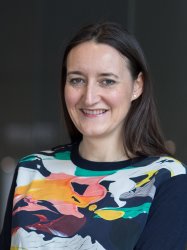BibTex format
@article{Jonuzaj:2018:10.1016/j.compchemeng.2018.01.016,
author = {Jonuzaj, S and Gupta, A and Adjiman, CSJ},
doi = {10.1016/j.compchemeng.2018.01.016},
journal = {Computers and Chemical Engineering},
pages = {401--421},
title = {The design of optimal mixtures from atom groups using Generalized Disjunctive Programming},
url = {http://dx.doi.org/10.1016/j.compchemeng.2018.01.016},
volume = {116},
year = {2018}
}

